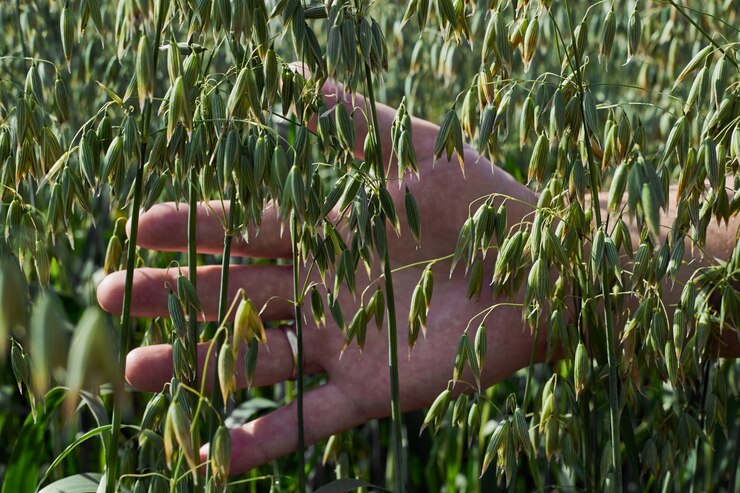Crop resilience and adaptation to climate change are crucial aspects of sustainable agriculture in South Africa. The country’s agricultural sector is highly vulnerable to climate variability and change, which pose significant challenges to food security, rural livelihoods, and economic development. To address these challenges, farmers, researchers, and policymakers are implementing various strategies to enhance crop resilience and adapt agricultural practices to a changing climate. Here are some key aspects of crop resilience and adaptation in South African agriculture:
- Climate-smart agricultural practices: Climate-smart agriculture focuses on sustainable intensification, resilience-building, and greenhouse gas mitigation. Practices include conservation agriculture, which promotes minimal soil disturbance, permanent soil cover, and crop rotation. Other techniques include agroforestry, water harvesting, and precision farming, which optimize resource use and minimize environmental impact.
- Diversification of crops and varieties: Farmers are encouraged to diversify their crop choices and cultivate more resilient crop varieties. This approach reduces vulnerability to climate-related risks by spreading risks across different crops and utilizing varieties that are better adapted to changing conditions. Research institutions and seed companies play a vital role in developing and disseminating improved varieties that are tolerant to drought, heat, pests, and diseases.
- Water management and irrigation: Water scarcity is a significant concern in South African agriculture, exacerbated by climate change. Farmers are adopting efficient irrigation systems, such as drip irrigation and precision sprinklers, to optimize water use. Improved water storage and harvesting techniques, such as constructing small dams and reservoirs, can help mitigate the impacts of irregular rainfall patterns.
- Climate information and early warning systems: Access to accurate and timely climate information is crucial for farmers to make informed decisions. Weather forecasts, climate projections, and early warning systems allow farmers to plan planting, irrigation, and harvesting schedules accordingly. Efforts are being made to strengthen climate information services and provide tailored information to farmers at local scales.
- Soil management and conservation: Healthy soils are essential for crop resilience and productivity. Sustainable soil management practices, such as soil conservation measures, organic matter incorporation, and appropriate nutrient management, are being promoted. These practices improve soil fertility, water-holding capacity, and resilience to extreme weather events.
- Risk management and insurance: Climate change introduces new risks and uncertainties in agriculture. Risk management strategies, including crop insurance, index-based weather insurance, and innovative financial mechanisms, are being explored to protect farmers against climate-related losses. These mechanisms provide compensation and financial support to farmers in the event of crop failures or production losses due to climate-related factors.
- Capacity building and knowledge transfer: Enhancing the knowledge and skills of farmers, extension workers, and other stakeholders is critical for effective adaptation. Training programs, farmer field schools, and extension services are being implemented to enhance understanding of climate change impacts, adaptation strategies, and best agricultural practices. This knowledge transfer enables farmers to make informed decisions and adopt appropriate technologies.
In South Africa, both government and non-governmental organizations are working together to promote climate-resilient agriculture and support farmers in adapting to climate change. By implementing these strategies and building a robust agricultural system, South Africa aims to enhance food security, protect livelihoods, and foster sustainable development in the face of climate change challenges.
Join 'Farmers Mag' WhatsApp Channel
Get the latest Farming news and tips delivered straight to your WhatsApp
CLICK HERE TO JOIN






